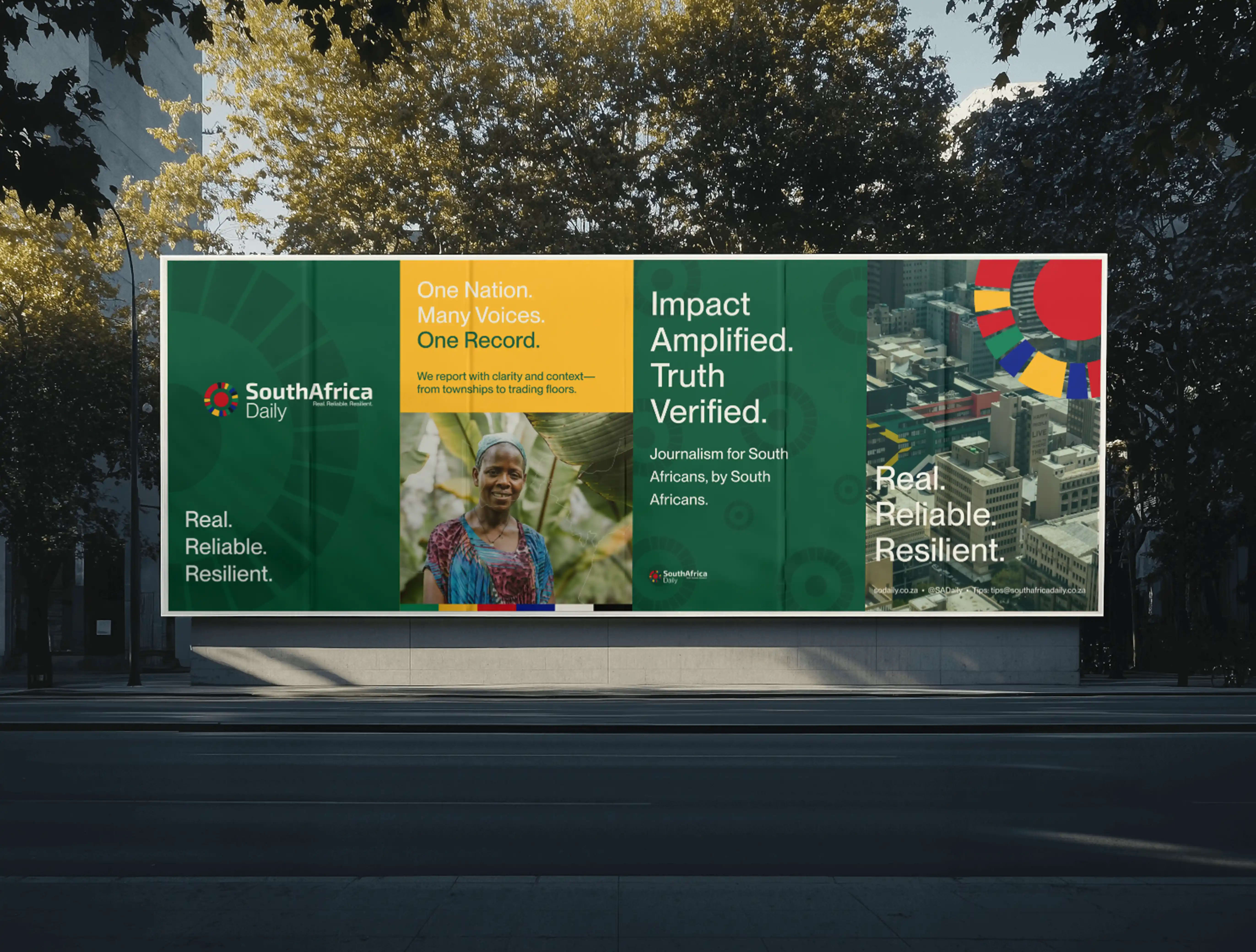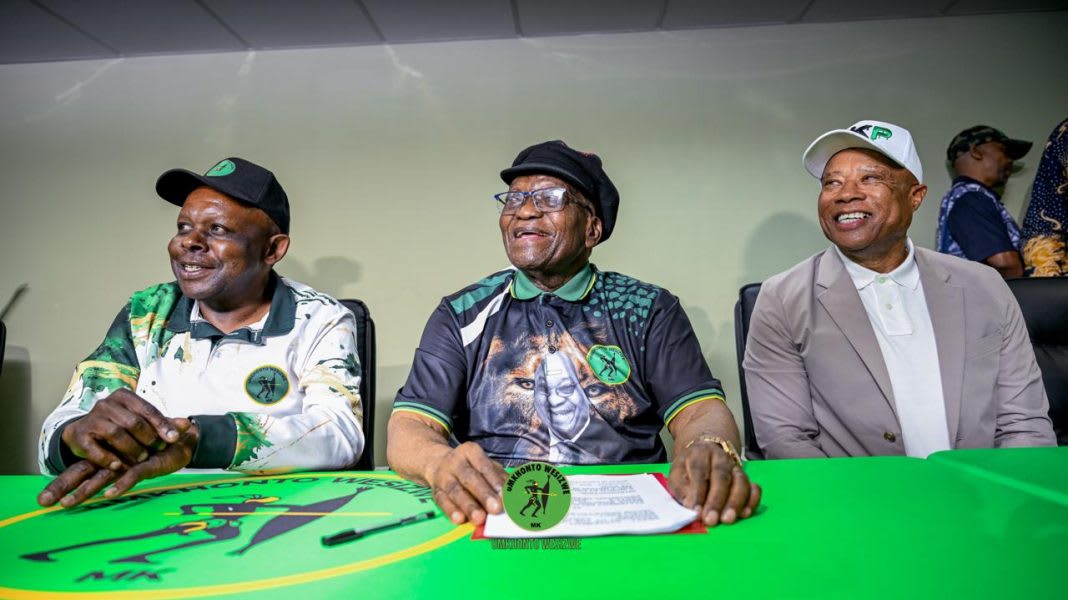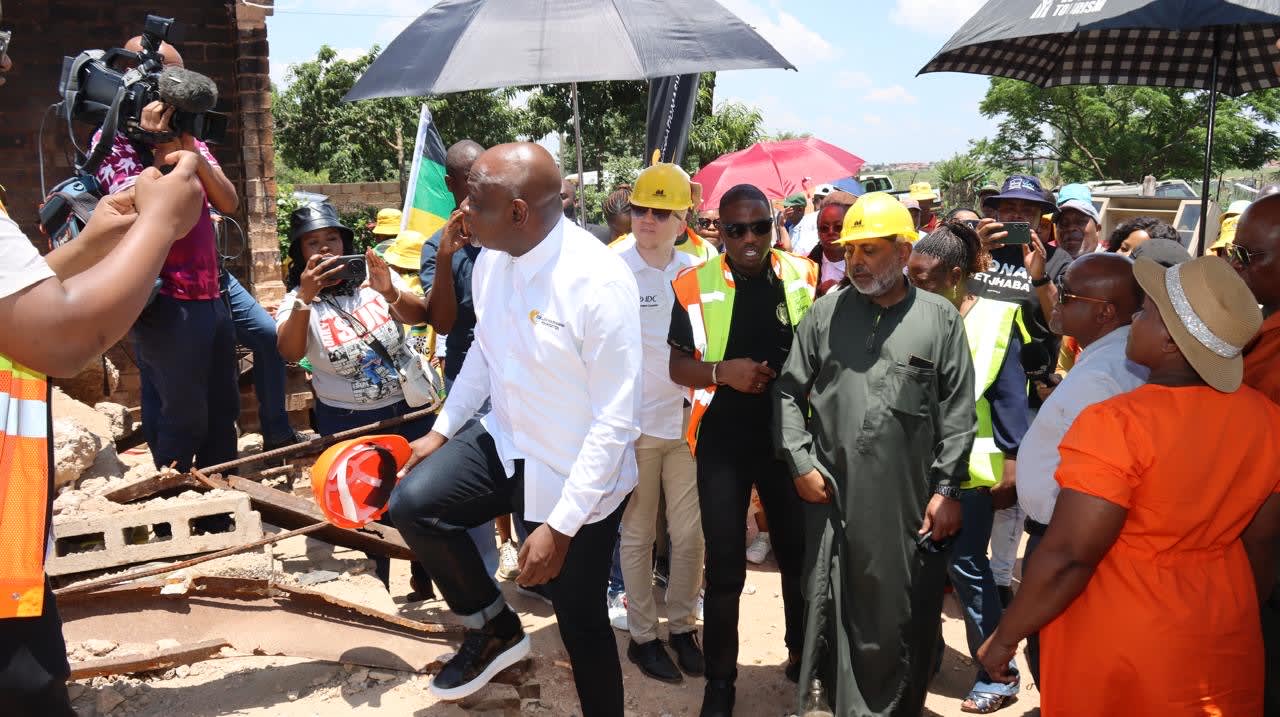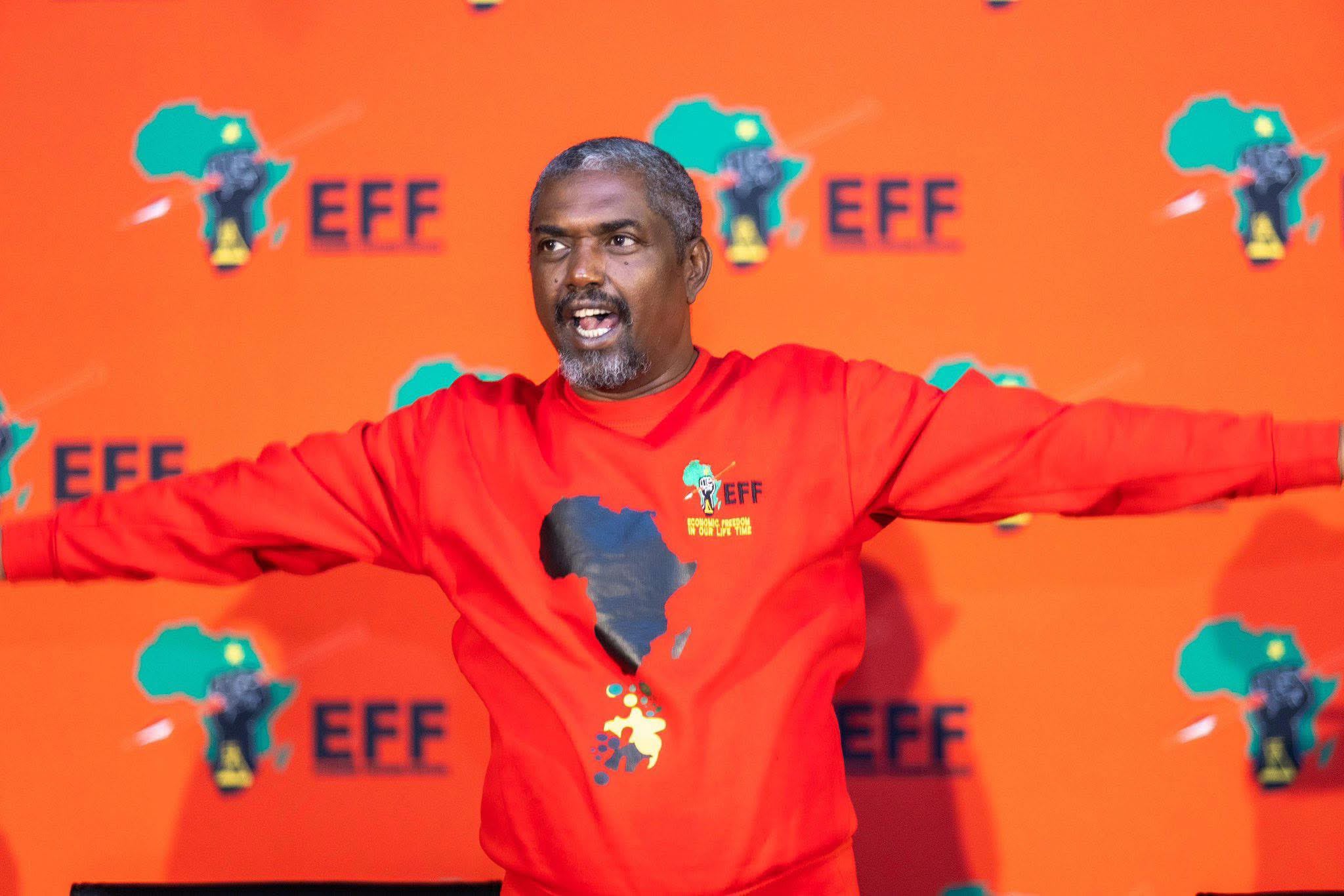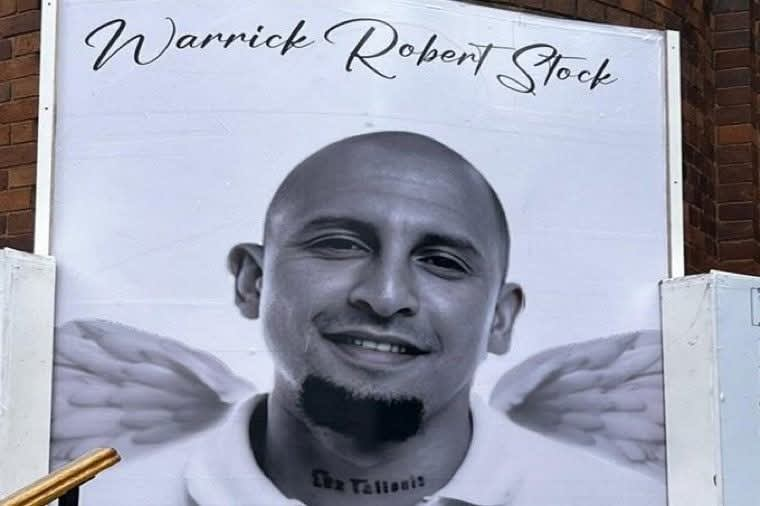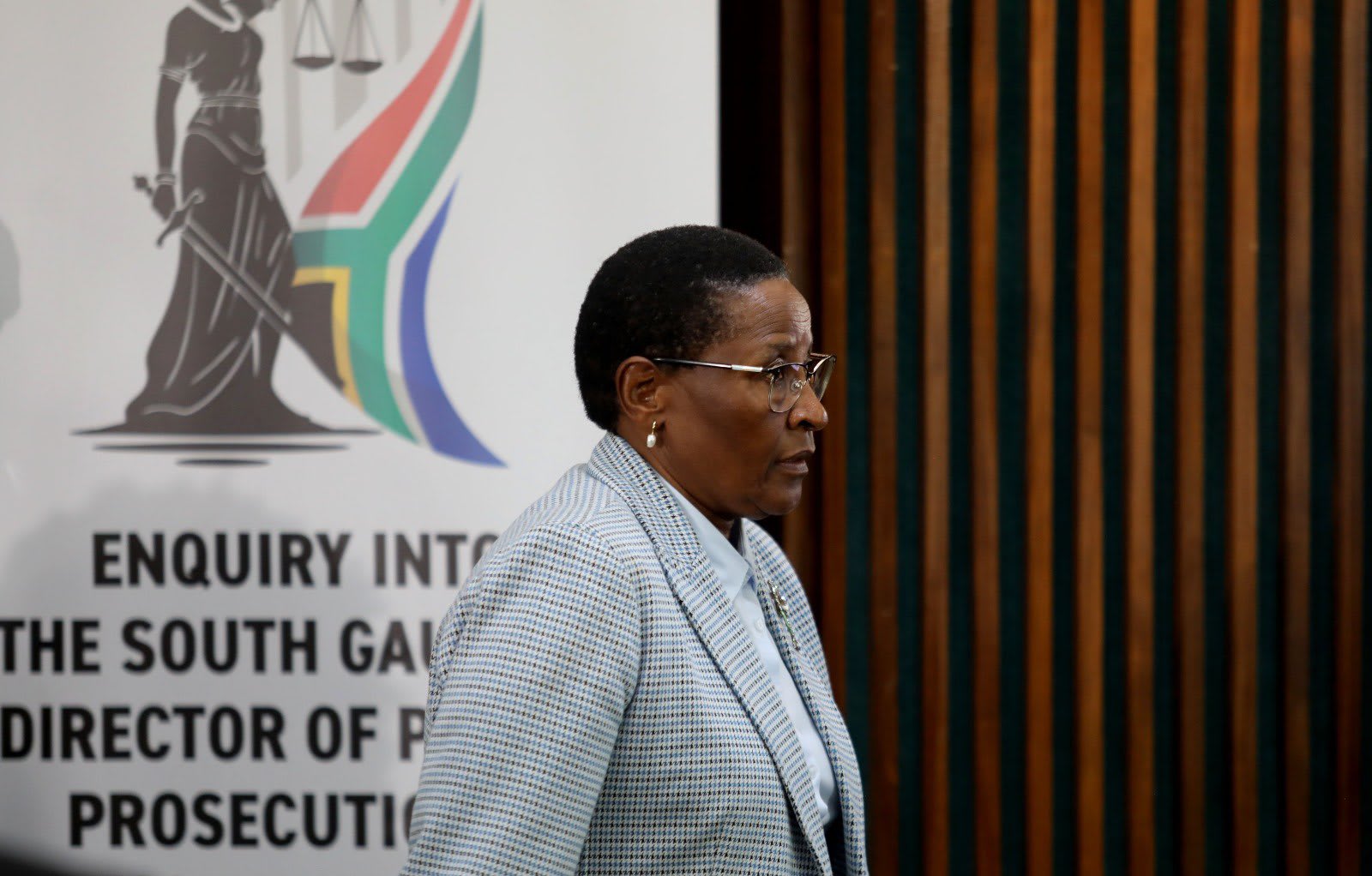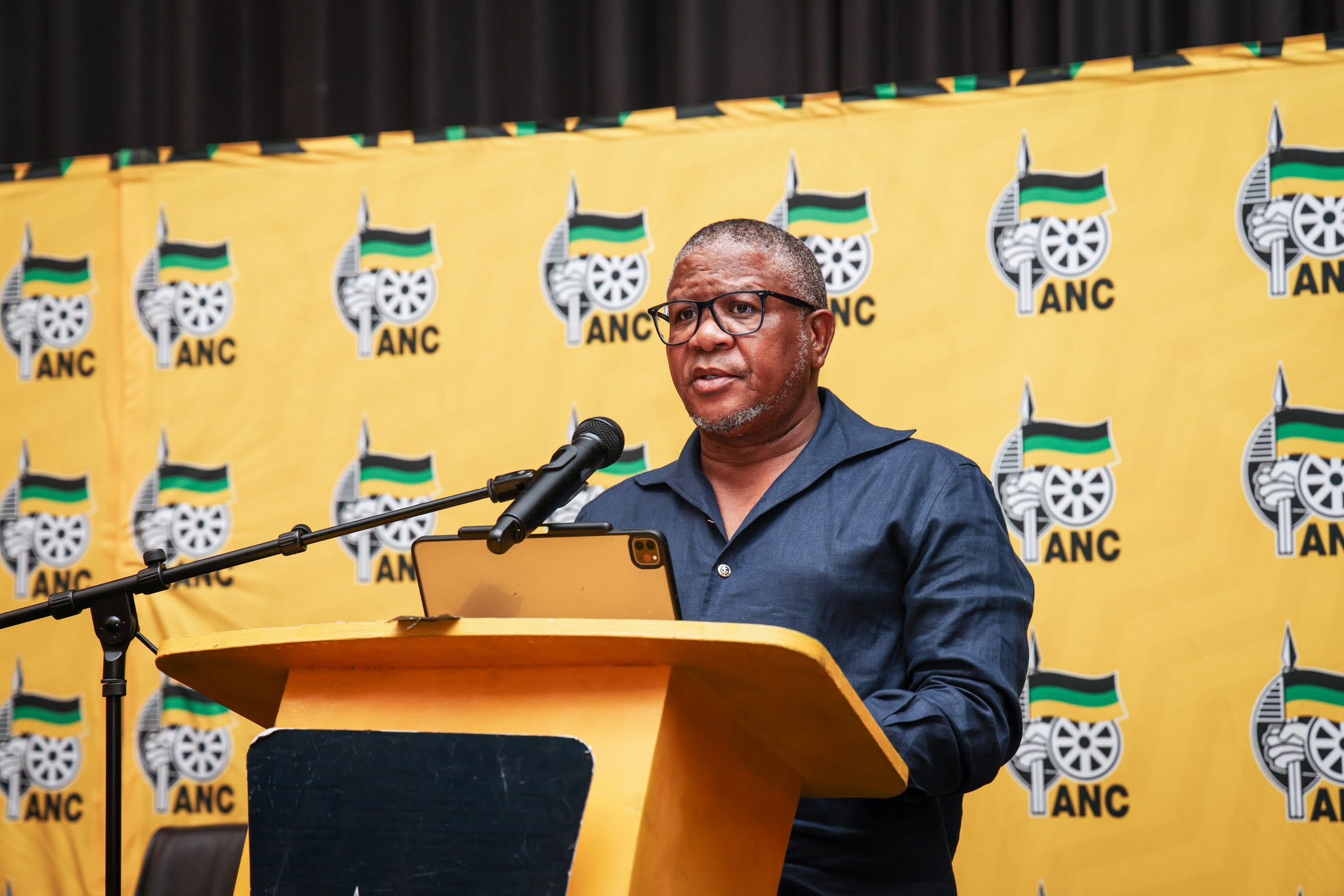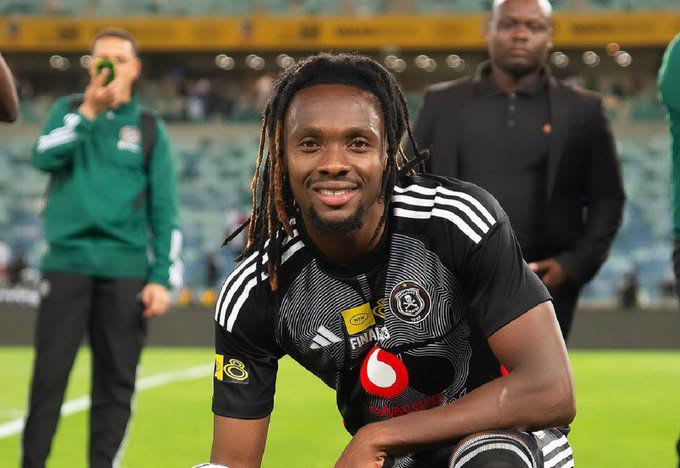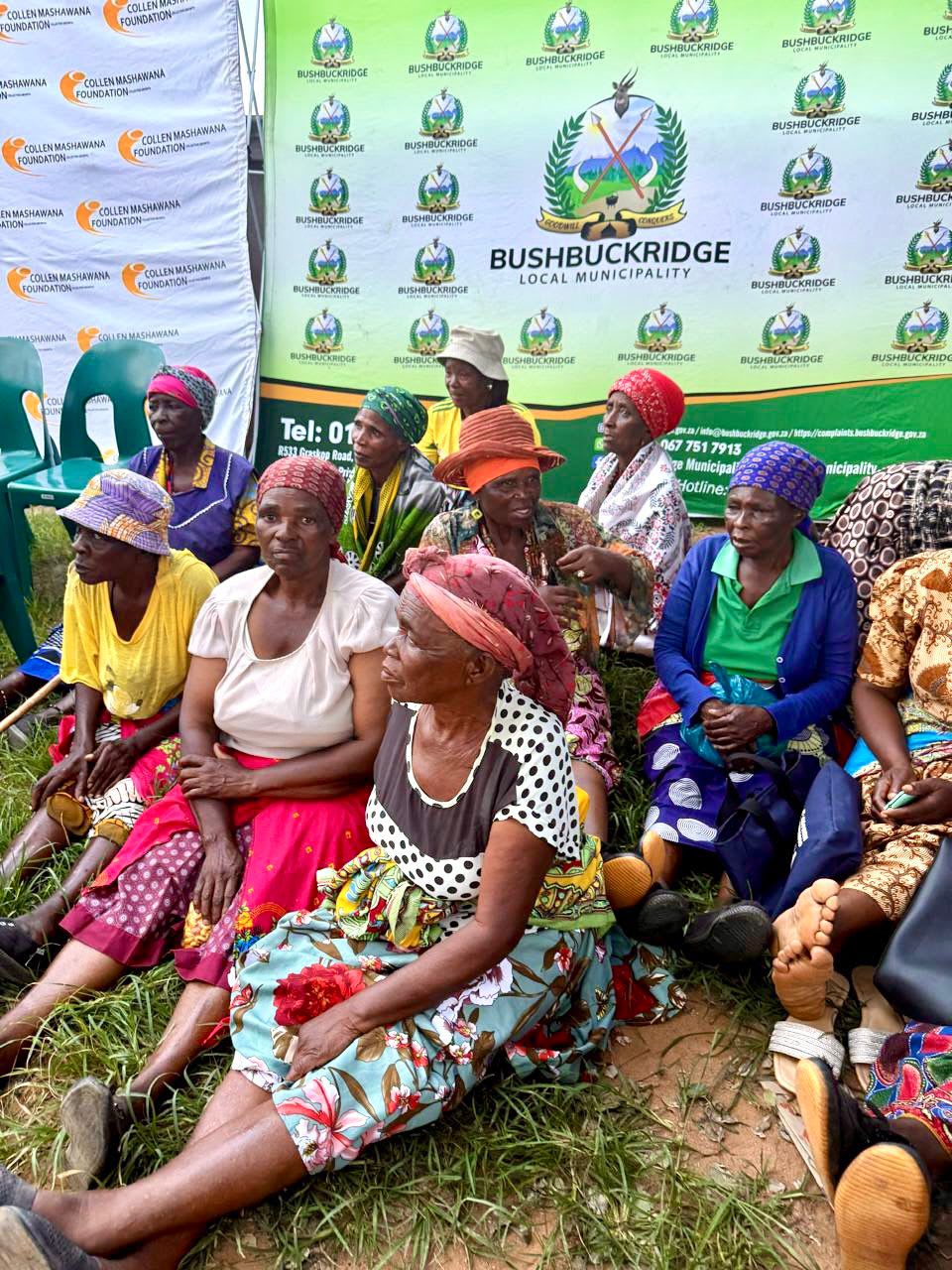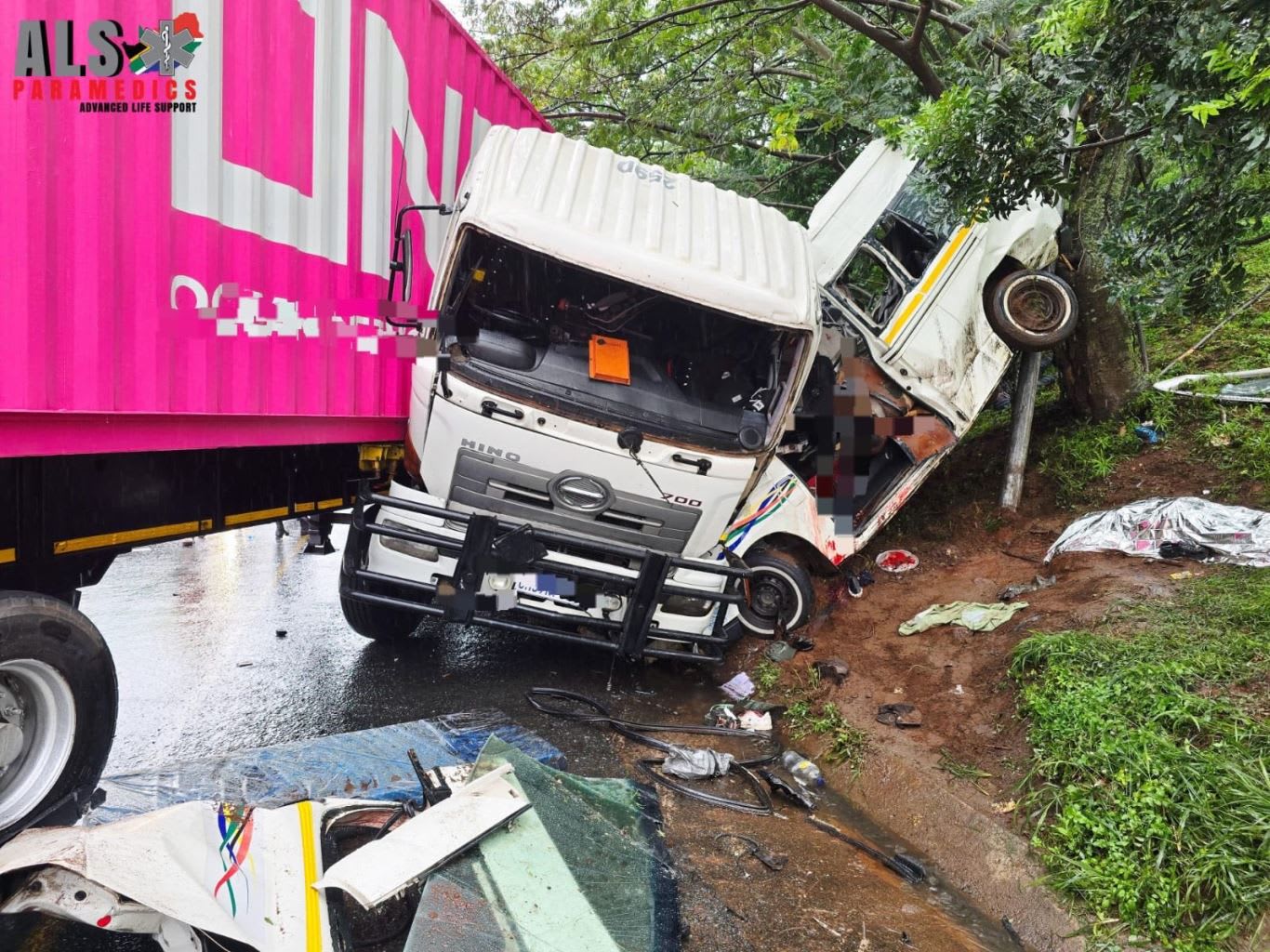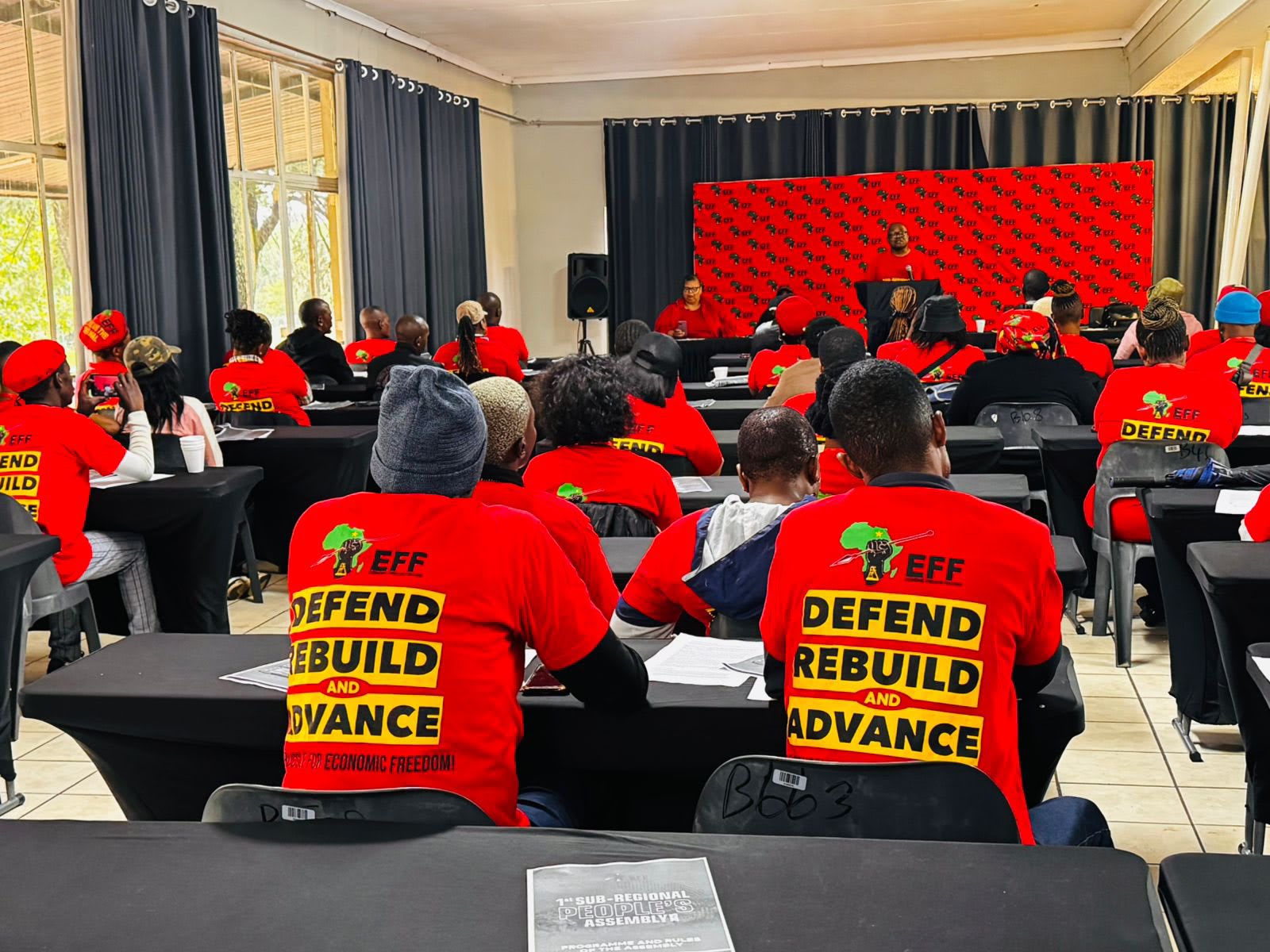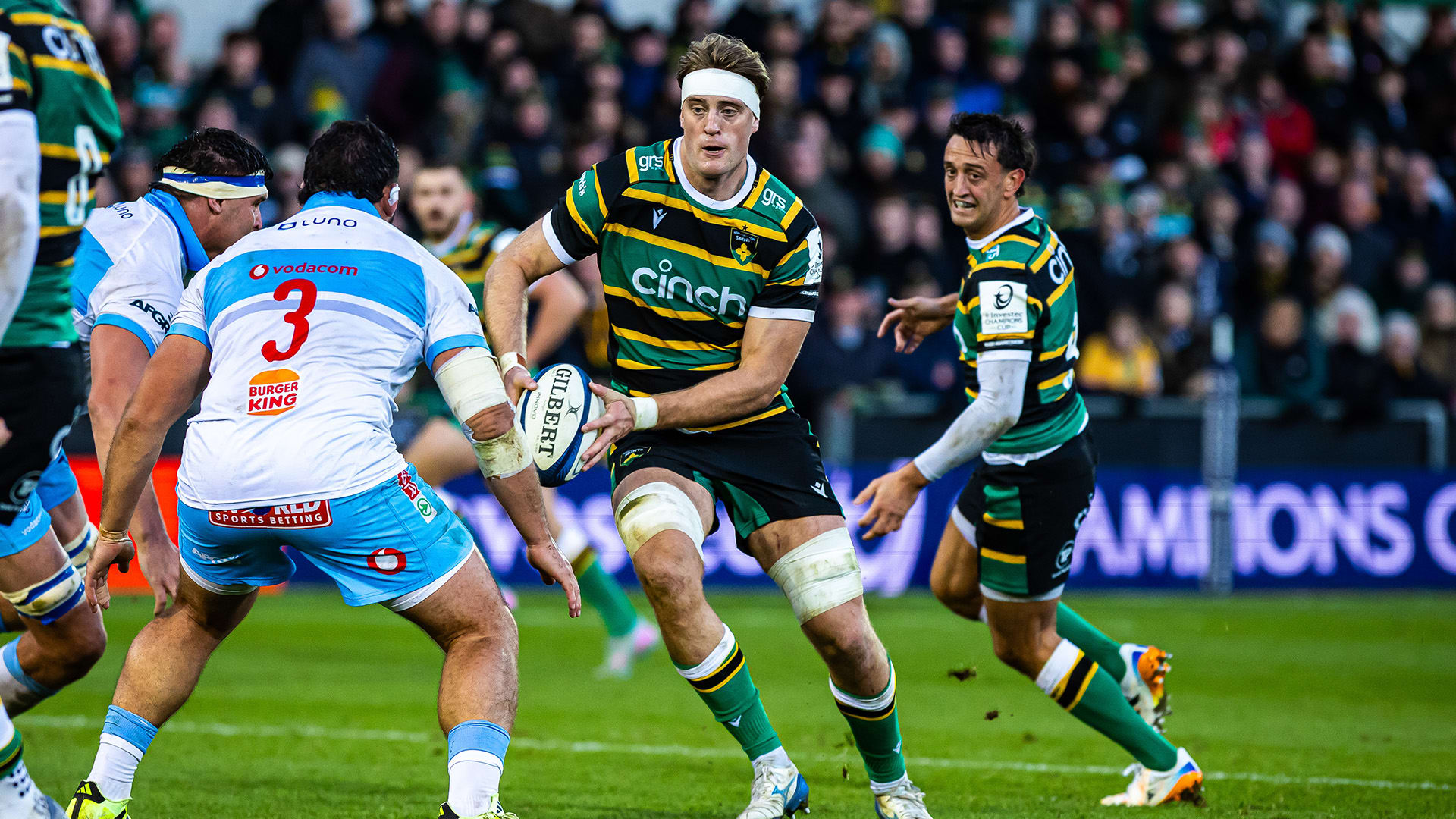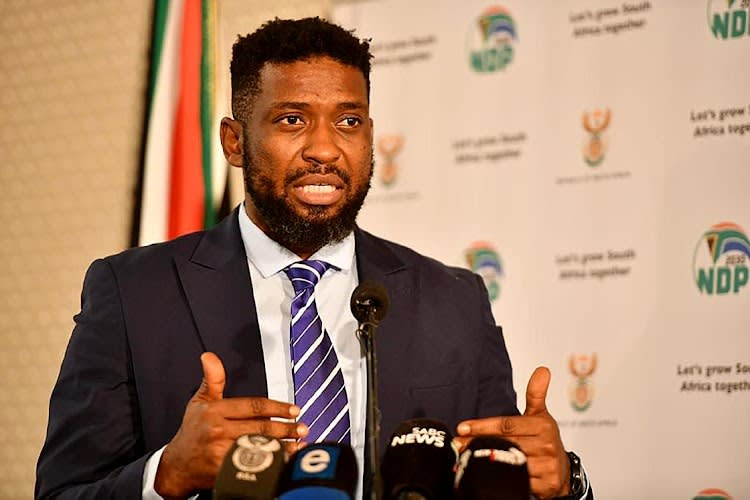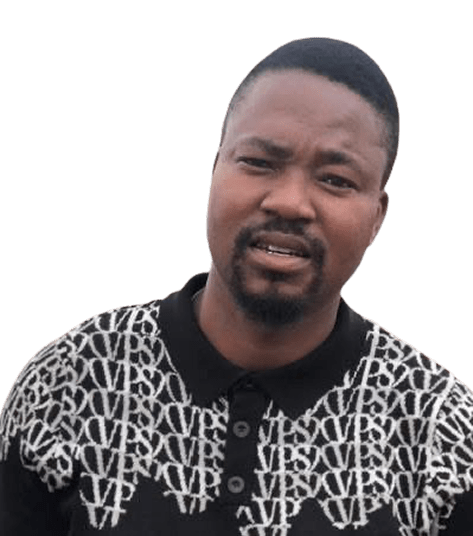MK Party
Former President Jacob Zuma criticises South Africa’s Government of National Unity as elitist and fragile, pledging that the MK Party will fight for accountability, transparency, and African sovereignty. He calls for declassification of key reports and positions the party as a champion for the people.
Former President Jacob Zuma has cast the uMkhonto weSizwe Party (MK Party) as a key force for accountability, justice, and African sovereignty, asserting that South Africa’s current Government of National Unity (GNU) falls short of delivering for the people.
Speaking at a media briefing on Thursday, Zuma described the GNU as a coalition built to preserve the interests of a few, rather than a democratic mandate. He argued that its policies and governance reflect a system designed to protect elites while marginalising ordinary South Africans.
“This is a fragile arrangement formed not from the will of the people but from a desire to maintain the status quo,” Zuma said. He criticised the government’s reliance on state resources to safeguard corporate interests, highlighting parallels between current incidents at Richards Bay Minerals and the 2012 Marikana massacre. Zuma warned that the lives of Black South Africans continue to be treated as expendable in pursuit of profit.
He praised the work of Lieutenant General Nhlanhla Mkhwanazi and the Political Killings Task Team for exposing corruption within state structures. Zuma said the MK Party would push for full accountability using all legal and parliamentary tools at its disposal. He also called for the unsealing of the CR17 bank statements and for the declassification of the Phala-Phala report to ensure transparency at the highest levels of government.
Zuma linked domestic accountability to a broader vision for Africa. He highlighted his recent visits to Ghana and Russia, focusing on de-dollarisation, the BRICS currency initiative, and Africa’s potential for a common currency. He positioned these efforts as crucial to ending Western dominance over African financial systems and enhancing the continent’s political and economic independence.
On the party front, Zuma announced the appointment of Tony Yengeni as MK Party’s second deputy president to oversee organisational matters, while Dr John Hlophe continues in charge of parliamentary work. Zuma reaffirmed his commitment to addressing national tragedies, including the 2024 poisoning deaths of children in Naledi, Soweto, pledging legal action against the GNU on behalf of affected families.
“The MK Party represents the continuity of the revolutionary flame, the drive for justice that refuses to be extinguished,” Zuma said. “We will rise to reclaim our land, restore dignity to our people, and govern for the majority, not the privileged few.”
By framing his party as both a domestic watchdog and a champion of African sovereignty, Zuma signalled that the MK Party seeks to redefine political accountability while offering an alternative vision for the continent’s future.

